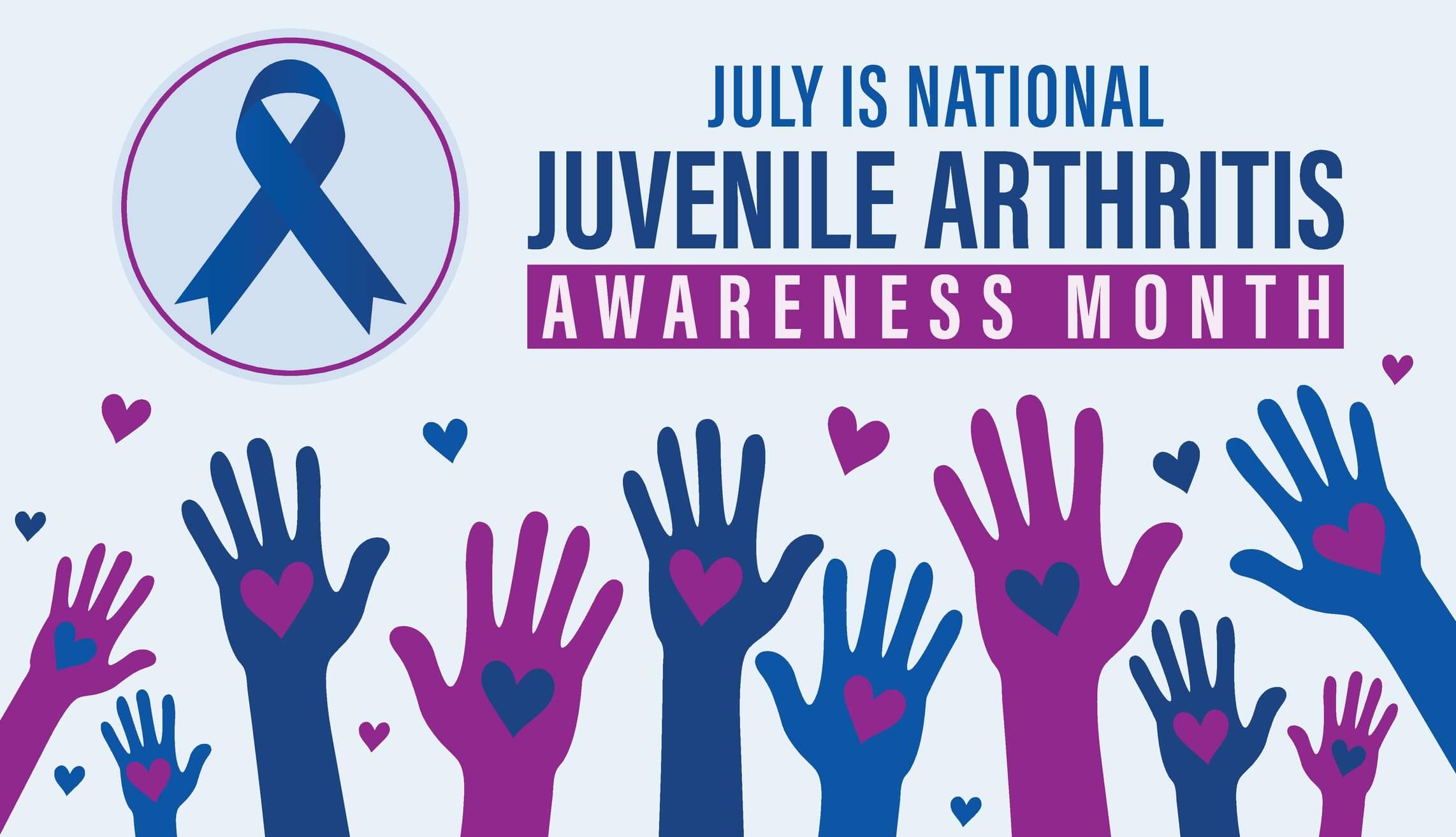July marks Juvenile Arthritis Awareness Month, a time dedicated to shining a spotlight on a condition too often misunderstood or overlooked; Juvenile Arthritis (JA). For advocates and supporters, this month is about education and action. But for the children and families living with JA everyday, this isn’t just a month – it’s their reality.
What is Juvenile Arthritis?
Juvenile Arthritis is an umbrella term for several autoimmune and inflammatory conditions causing persistent joint swelling, pain, and stiffness in children under 16. Unlike adult arthritis, which is caused mainly by wear and tear, JA results from the immune system mistakenly attacking the body’s own joints. This can affect mobility, growth, and overall quality of life.
The Daily Reality
JA is not just occasional aches or tiredness – it’s a chronic illness that disrupts childhood. Tasks many take for granted, like holding a pencil, climbing stairs, or playing with friends, can become overwhelming challenges.
Brianna was diagnosed with JA at just five years old. She recalls:
"I was born premature when my mom had an aneurysm, and I was diagnosed with JA when I was five. It started with a swollen ankle. I went to the doctor, and he thought I had fractured it, so he put me in a cast. Later, my parents noticed my right hand was swollen, so I went to the doctor again. They thought I fractured it, even though I never fell or hurt myself, and I was put in another cast. While I was dealing with two casts, my mom noticed my left hand was swollen, so I was admitted to the hospital. It was there that the doctors ran some tests and were able to diagnose me with arthritis."
Brianna’s story powerfully reminds us that juvenile arthritis can be difficult to recognise, even by trained medical professionals. Her journey highlights a common and troubling pattern: early symptoms like joint swelling or stiffness are often mistaken for injuries or growing pains, leading to misdiagnosis or delayed diagnosis. These delays can result in prolonged discomfort, unnecessary treatments, and lost time in starting the therapies that could prevent further joint damage. This is why awareness is so essential. When parents, teachers, healthcare providers and communities are informed about the signs of JA, children like Brianna are more likely to be accurately diagnosed and treated early, offering them a better chance at preserving their mobility and quality of life.

But awareness goes beyond simply recognising symptoms. It‘s also about transforming how we think about invisible illnesses—conditions that may not leave noticeable marks but still have a profound impact. Juvenile arthritis doesn’t always look like an illness from the outside. A child might appear fine on some days while silently enduring pain, fatigue, or stiffness. This invisibility often leads to misunderstanding and stigma, where children are labelled as lazy, overly dramatic, or difficult.
Changing that perception requires a cultural shift. Awareness means building compassion and creating supportive environments in every space a child enters—schools, playgrounds, homes, and medical offices. It means encouraging flexible school policies for attendance and participation, ensuring that classrooms are physically accessible, and educating peers and educators to understand what living with JA can look like. It also means emotional support for families who often feel isolated, navigating a complex and lifelong diagnosis.
When we move beyond facts and embrace empathy, we validate the experiences of children with JA and empower them. Awareness is the first step toward equality, inclusion, and healing.
The Ongoing Responsibility
Juvenile arthritis is more than a diagnosis; it is a daily challenge requiring resilience, support, and understanding. This July, as we observe Juvenile Arthritis Awareness Month, let us commit to learning more, supporting those affected, and advocating for a future where children with JA can thrive.